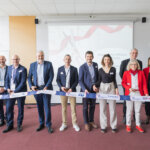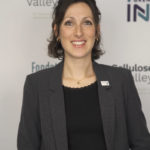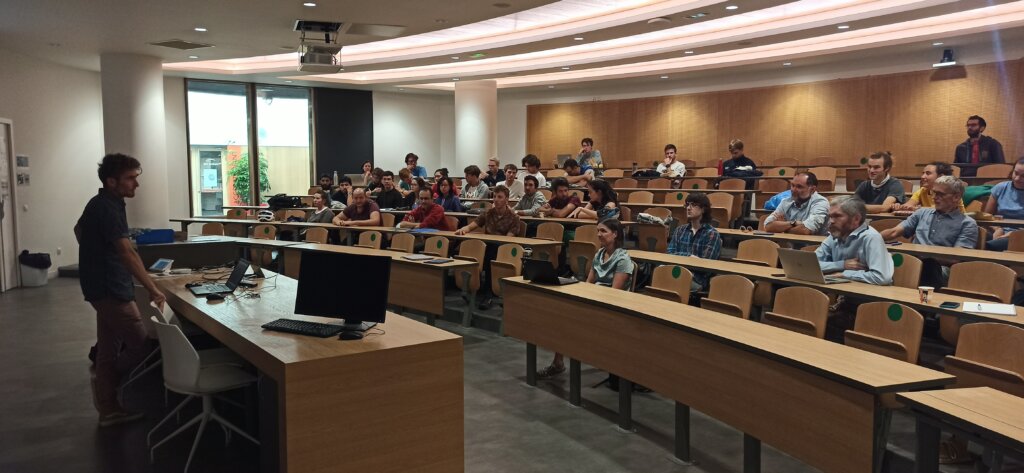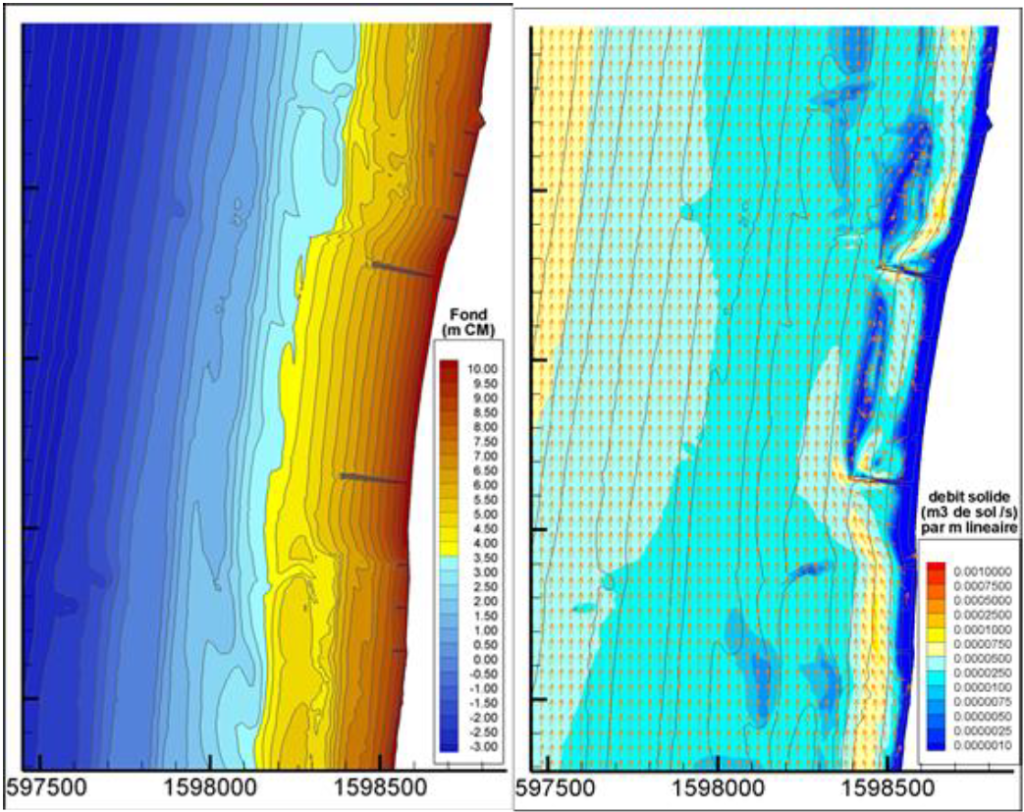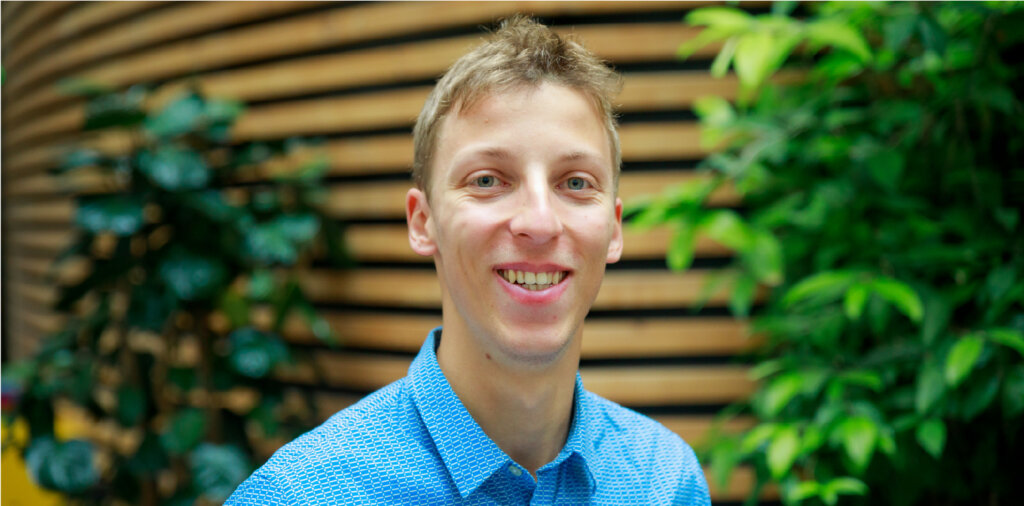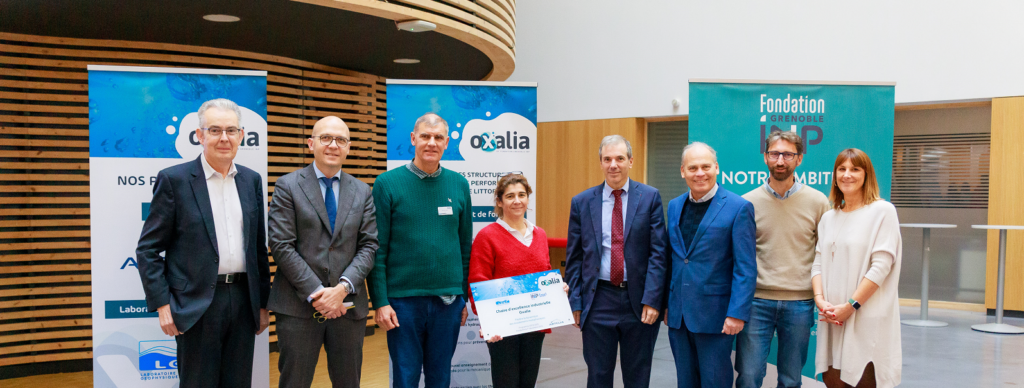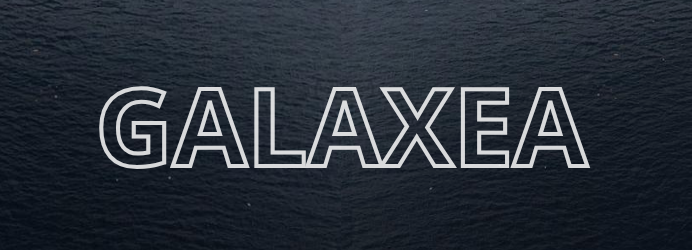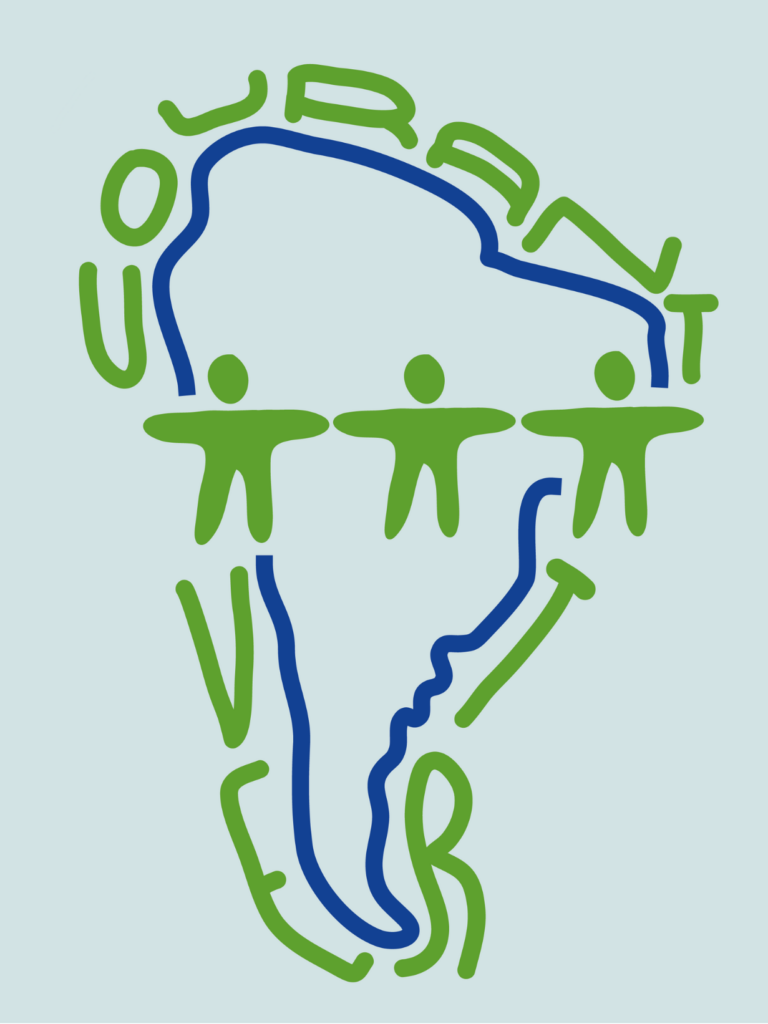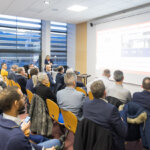
DESIGNING MORE EFFICIENT HYDRAULIC STRUCTURES AND PROTECTING THE COASTLINE
Oxalia is a Chair of Excellence supported by the Grenoble INP Foundation thanks to the sponsorship of the company Artelia. The research of this Chair consists in predicting the dynamics of multiphase flows, a flow of water in the presence of solid particles or air bubbles, which control the erosion of rivers and coastlines, particularly around hydraulic and coastal structures.
The objective of the Chair is to provide solutions to this major issue in order to design more efficient hydraulic structures by creating innovative numerical models. To do this, the Chair is backed by the Geophysical and Industrial Flow Laboratory (LEGI) , which has all the skills and infrastructure needed to understand the physics of turbulent multiphase flows.
The Chair also wishes to transmit the results of its work through a teaching program developed with Grenoble INP – Ense3, UGA dedicated to advanced simulation tools.
Our missions

Pierre Carlotti

Julien Chauchat

Cyrille BONAMY
CREATE PREDICTIVE MODELS OF MULTIPHASE FLOWS
To create these models, we must first understand the physics of turbulent flow at the scale of inclusions of a few hundred microns and its repercussions on the flow at the scale of the system of several tens or even hundreds of meters.
To simplify the calculations, it is essential to understand what is happening on a small scale, and to go back to a larger scale through the use of "nested box" models. Experimentation will then play a major role in validating the models.
For this purpose, LEGI has state-of-the-art equipment such as a wave channel, a variable slope channel, and the Coriolis platform, the world's largest rotating platform dedicated to fluid mechanics. As for Artelia, the group has a hydraulic test laboratory in Pont-de-Claix.
Training responsible engineers
The Chair plans to share its research results through a teaching program developed by Grenoble INP - Ense3 and3 and Julien CHAUCHAT, holder of the Oxalia Chair, for 3rd year students. This teaching is dedicated to advanced simulation tools for mechanics and the environment.
The Chair will also organize a scientific day each year to present the progress of its research.
Research
- To develop digital models to design more efficient hydraulic structures
- Proposing solutions to prevent river and coastal erosion
Formation
- Develop a new teaching program dedicated to advanced simulation tools for mechanics and the environment
- To propose projects related to the Chair's themes to Grenoble INP - Ense3 students3
L'équipe

Suivre le projet
Les nouvelles de nos actions
Soutenir une action d'entrepreneuriat de transition
A travers le programme MyFondation, les entreprises peuvent s’engager concrètement auprès des étudiants, renforcer l’attractivité économique de leur territoire tout en affirmant leur responsabilité sociale.en finançant des bourses ou des projets associatif d’étudiants.
